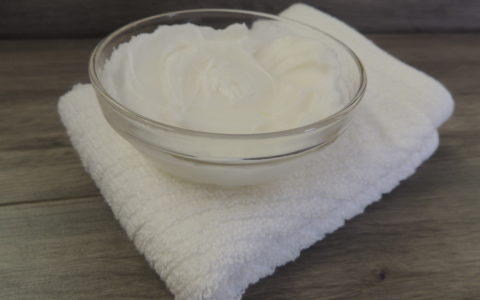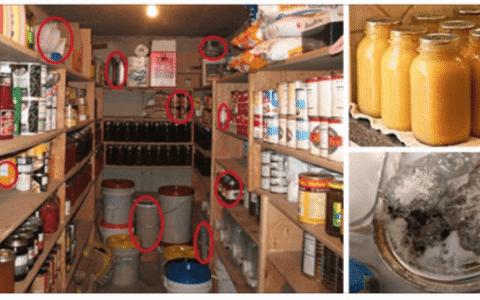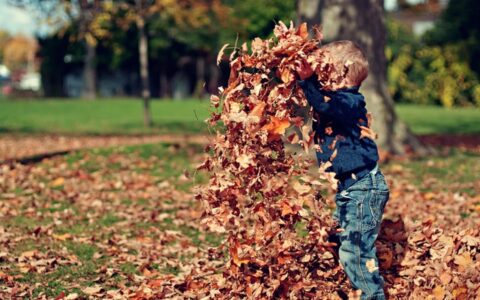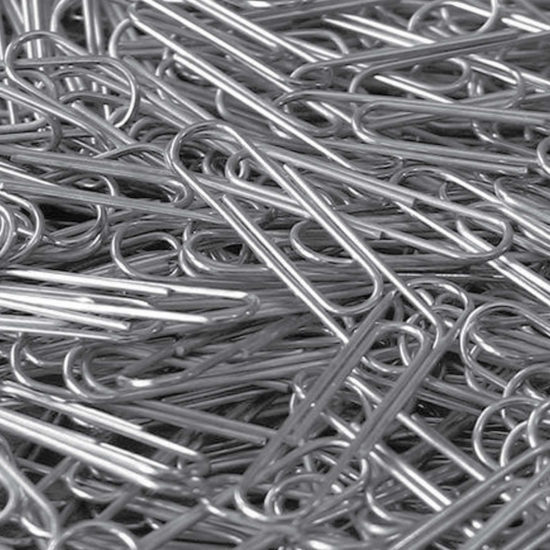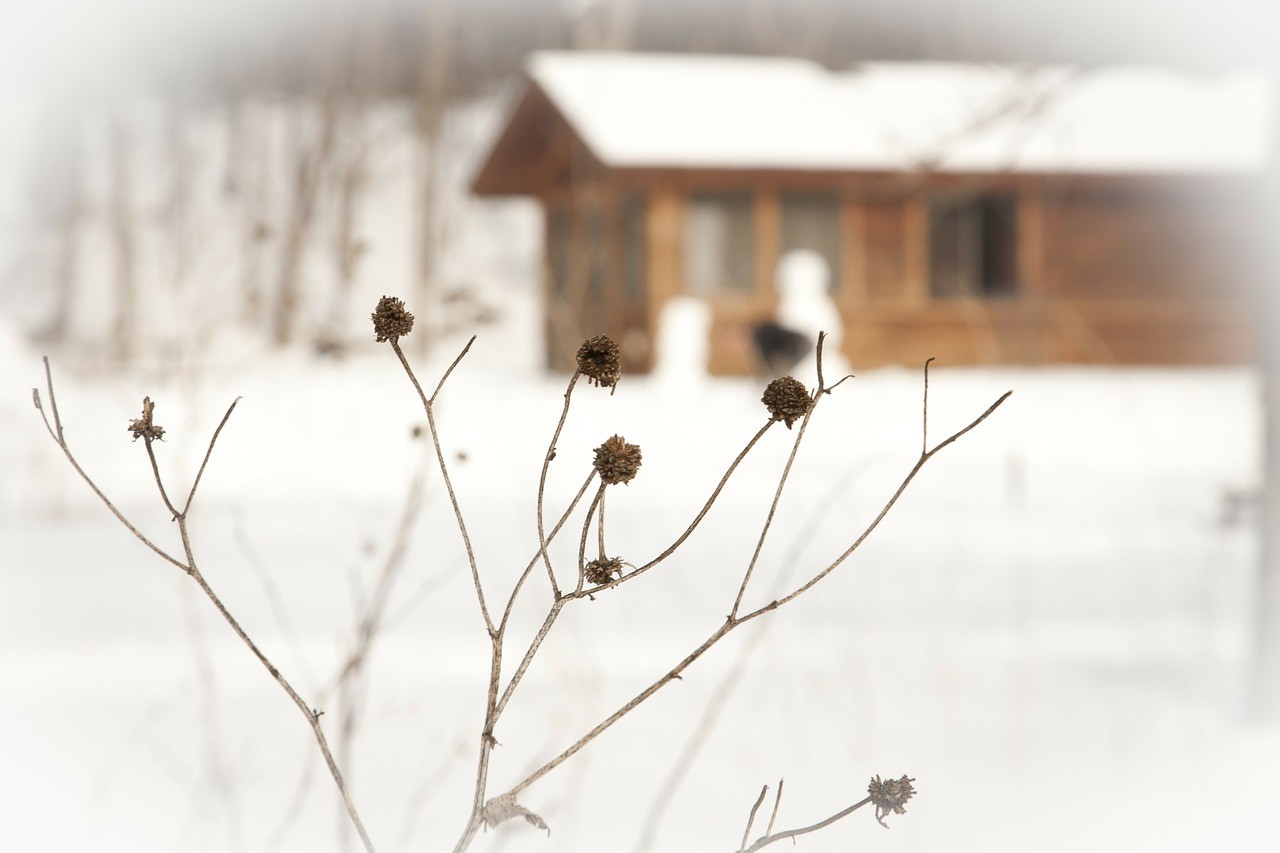
Surviving in cold geographical areas can be challenging even to plants. No season is as harsh to both indoor and outdoor plants and flowers as winter. The biting cold temperatures and extreme weather conditions can take toll on our once healthy garden plants. Without taking care of your plants during winter, you could risk losing all your favorite blooms.
I bet no gardener would appreciate starting anew each year. Fortunately, you can do a few simple things to help your lovely plants make it through the winter and maintain their best health. Let us learn about a few tips that can help save your plants in the harsh winter weather.
Caring For Indoor Plants During Winter
Winter conditions are never better for indoor plants. Even with the protection from certain environmental elements, the cold weather and relatively shorter days during winter months can interfere a lot with the life of indoor plants. Here a few things you can do to care for your in-house plants during winter
Provide Light
 The amount of daytime light during the middle months of winter may be too little for plants to survive healthily. The problem is compounded if your house is not situated to receive the most light. Move your plants close to windows and areas that get adequate sunlight during winter. To promote the entry of more light, ensure you clean the windows thoroughly. Clean off any dust that might have settled on the leaves of the plants to maximize their light absorption.
The amount of daytime light during the middle months of winter may be too little for plants to survive healthily. The problem is compounded if your house is not situated to receive the most light. Move your plants close to windows and areas that get adequate sunlight during winter. To promote the entry of more light, ensure you clean the windows thoroughly. Clean off any dust that might have settled on the leaves of the plants to maximize their light absorption.
Change Watering Routine
 People make a mistake of soaking their indoor plants with water during winter. This can damage your plants during the cold months. This is because water loss due to evaporation is nearly nonexistent. Besides, plants tend to grow slower during winter. Combined, these factors demand that you reduce the watering routine of your plants. A golden rule to determine when to water the plants involves sticking your finger about two inches into the soil. If it results in a dry finger then you need to water.
People make a mistake of soaking their indoor plants with water during winter. This can damage your plants during the cold months. This is because water loss due to evaporation is nearly nonexistent. Besides, plants tend to grow slower during winter. Combined, these factors demand that you reduce the watering routine of your plants. A golden rule to determine when to water the plants involves sticking your finger about two inches into the soil. If it results in a dry finger then you need to water.
Mist Your Plants
 If yours are indoor tropical plants, it would be wise to spray them with a light mist a couple of times a day – preferably twice or thrice a day. This is because tropical plants thrive in humid conditions. Alternatively, you can place the plants in a humid environment such as the bathroom or where there is a water feature.
If yours are indoor tropical plants, it would be wise to spray them with a light mist a couple of times a day – preferably twice or thrice a day. This is because tropical plants thrive in humid conditions. Alternatively, you can place the plants in a humid environment such as the bathroom or where there is a water feature.
Dilute or Avoid Fertilizer
 As we mentioned previously, all plants have reduced growth rate during winter. This means their nutritional need will also reduce. In case your plants are healthy, there is no need to fertilize them. If you really need to then you can dilute the fertilizer by at least 50 percent before applying. A better time to fertilize is during the fall.
As we mentioned previously, all plants have reduced growth rate during winter. This means their nutritional need will also reduce. In case your plants are healthy, there is no need to fertilize them. If you really need to then you can dilute the fertilizer by at least 50 percent before applying. A better time to fertilize is during the fall.
Caring For Outdoor Plants During Winter
For obvious reasons, outdoor plants need much more attention during winter. Also the cold temperatures and extreme weather conditions can rein terror on these plants. Here are the most important things you can do to care for your outdoor plants during winter:
Remove Any Debris from the Plants
 Summer plants are usually vegetative and bushy in response to the higher temperatures. As the temperatures start to plummet, they begin to die in preparation for what we call floral hibernation. You cannot prevent this process from happening. However, you can help the plants by clearing away any debris. You must also shield the delicate parts of the plant to protect them from biting cold.
Summer plants are usually vegetative and bushy in response to the higher temperatures. As the temperatures start to plummet, they begin to die in preparation for what we call floral hibernation. You cannot prevent this process from happening. However, you can help the plants by clearing away any debris. You must also shield the delicate parts of the plant to protect them from biting cold.
Spread a New Layer of Mulch
 The extreme winter temperatures can take a toll on your garden soil causing it to crack. The frost caused by cold temperatures can harden the ground especially the soil type in your garden. Such cracks are bad news, especially for bulb beds. This is because the cracks in the soil can cause the bulbs to rise to the surface. The result will be catastrophic to your plants. A good tip is to spread new mulch (I’d preferably evergreen boughs) on the garden to protect the soil and the plants. The mulch will also prove help in the coming spring.
The extreme winter temperatures can take a toll on your garden soil causing it to crack. The frost caused by cold temperatures can harden the ground especially the soil type in your garden. Such cracks are bad news, especially for bulb beds. This is because the cracks in the soil can cause the bulbs to rise to the surface. The result will be catastrophic to your plants. A good tip is to spread new mulch (I’d preferably evergreen boughs) on the garden to protect the soil and the plants. The mulch will also prove help in the coming spring.
Trim Your Plants Back
 Trimming is an important practice when it comes to taking care of your plants during winter. This is especially true with annual flowers, vegetables, and plants. While trimming, remove blackened stems and withering foliage completely. Such dying stems and foliage provide hiding grounds for pest and diseases that could compromise the health of your plants.
Trimming is an important practice when it comes to taking care of your plants during winter. This is especially true with annual flowers, vegetables, and plants. While trimming, remove blackened stems and withering foliage completely. Such dying stems and foliage provide hiding grounds for pest and diseases that could compromise the health of your plants.
Do Not Fertilize Outdoor Plants During Winter
As with all plants, growth rate reduces considerably during the cold temperatures of winter. Overgrowth will predispose them to frost vulnerability. An important tip in taking care of your outdoor plants during winter is to avoid applying fertilizer completely in order to minimize foliage growth. In fact, you should stop fertilizing them from midsummer. However, you can water them regularly but ensure you do not over water them. Test the amount of water in the soil with your finger.
General Tip
Transfer outdoor plants indoors to mitigate the effects of winter whenever possible. Indoors, the plants will be closer to you and therefore you can take better care of them. Besides, the conditions indoors are much better and your plants will most likely survive.
If you have tender plants then you will do well by moving them to a frost-free location such as a garage, a shed, indoors or in a greenhouse prior to the first frost. This is especially true for outdoor potted plants since frost can pierce the exposed sides of the pot thus damaging plant roots. Temper this with regular and extended exposure to sunlight.
Final Verdict
That’s all we have for you today. If you love your plants then you will deal with the burden of taking care of them. If you care well for them, you will not have to start anew when spring finally comes. It does not matter whether your plants are outdoor or indoor. We believe these are the most valuable tips you can ever find online on how to care for your plants during winter.




